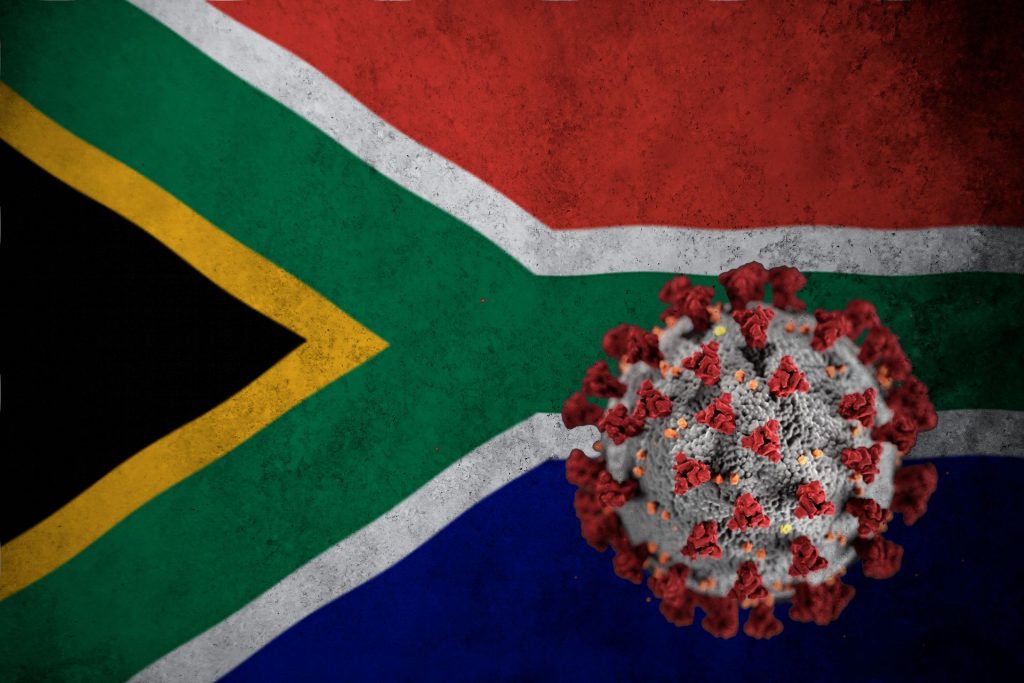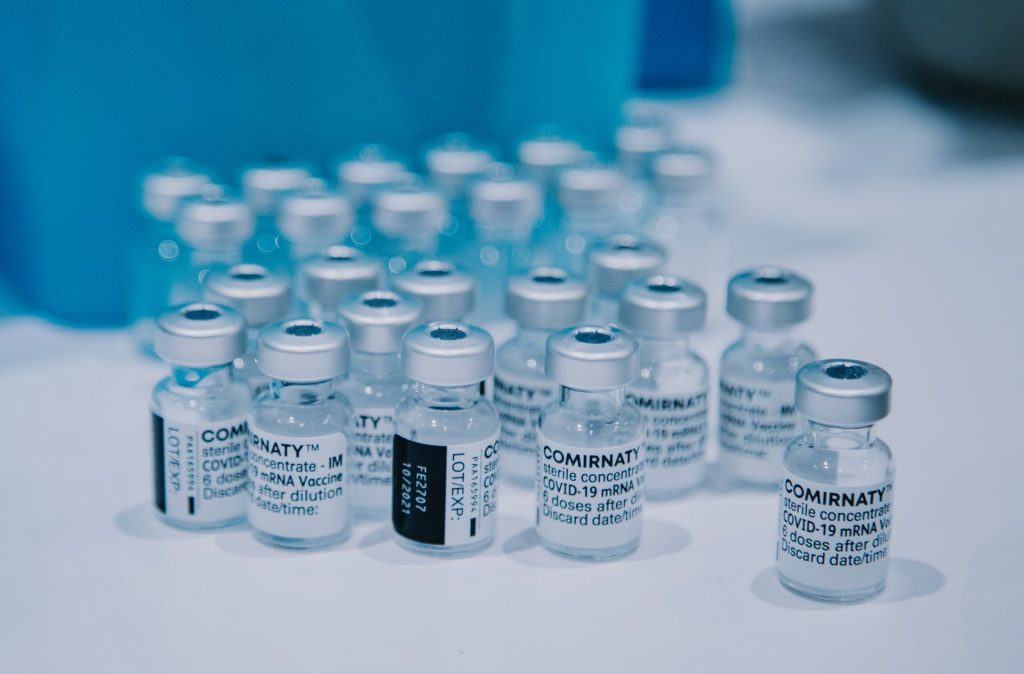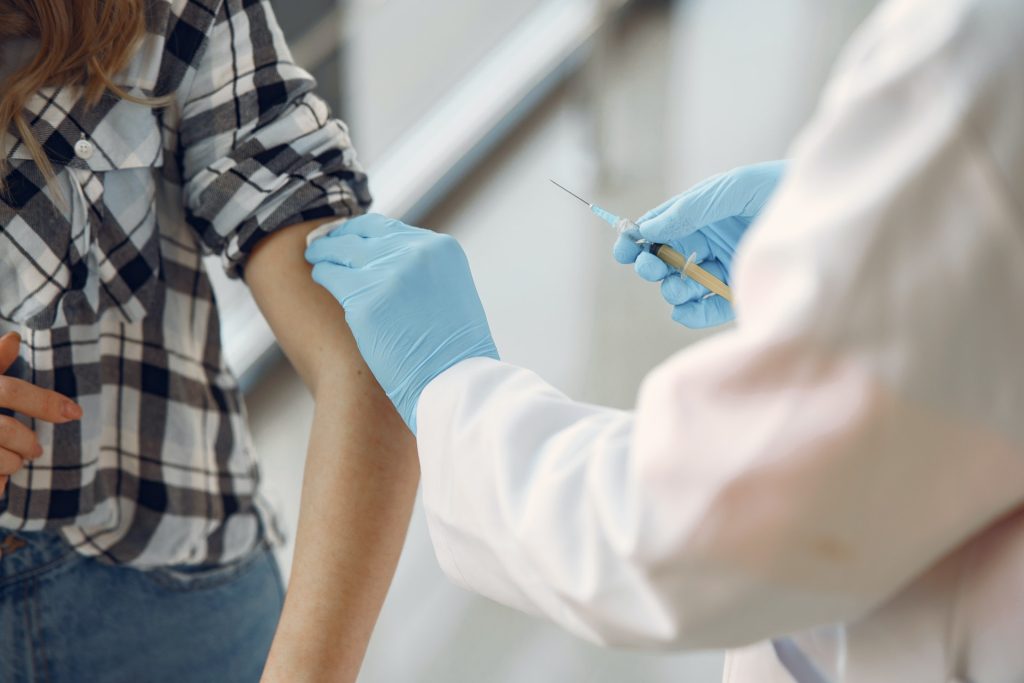“Anti-vax” Doctor’s Disciplinary Inquiry gets Underway
Shankara Chetty is accused of failing to act in the best interests of patients

By Tania Broughton for GroundUp
The disciplinary hearing against “anti-vax” doctor Shankara Chetty got underway in Durban this week, after changes to the charge sheet were made.
This comes after Chetty asked that the charges be dismissed or revised – or he would approach the high court for relief.
The charges are based on allegations by Francois Venter, a medical professor at Wits University who was at the forefront of Covid research in South Africa. He said Chetty was practicing “pseudo-science” at the height of the pandemic, with Chetty claiming that vaccines made no sense.
Chetty’s argument, in the main, focusses on his right to freedom of expression and claims that expressing a view is not a violation of the ethical guidelines of the Health Professions Council of South Africa (HPCSA).
His lawyers argued that the charges should have been dropped. Instead, the disciplinary committee ordered that they be amended.
The revised charge sheet contains four charges of unprofessional conduct.
They include that he contravened norms and standards by using unproven and unrecommended health technologies, namely Chetty’s “8th day” protocol, and that he failed to act in the best interests of patients by prescribing ivermectin, corticosteroids, and hydroxychloroquine for Covid, which were not approved by the South African Health Products Regulatory Council for this purpose.
He is also charged with casting aspersions on expert health care professionals who were authorised to provide advice and develop protocols, by stating that they engineered protocols in hospitals to “cause death and damage” to Covid patients.
The final, and fourth charge, is based on allegations that he “mischaracterised the cause and identification of the Covid illness, spike proteins and the toxicity of the virus”, which was not in line with the tenets of science.
In his complaint to the HPCSA, Venter said Chetty had made unprecedented claims in a video regarding the toxicity of Covid vaccines and that they were a “deliberate mass poisoning and planned to kill billions”.
He said Chetty, on his own website, had also made “outlandish physiological claims” which undermined the most basic tenets of accepted science about the vaccines, and advocated outpatient remedies of his own.
He said the video and the website “were more than enough evidence of gross misrepresentation of the vaccine programme: anybody watching would be justified in being severely alarmed at the prospect of mass poisoning”.
Chetty’s narrative, Venter said, went against the Department of Health, local experts, and international guidelines.
“This level of pseudo-science within the profession needs to be firmly and quickly clamped down on. The HPCSA must do its duty in protecting the public and discipline Chetty.”
In his written response, Chetty said the video was taken at a three-day Caribbean Summit held by the Word Council for Health, which brought together experts in various fields to share opinions and insights on the pandemic. (Wikipedia describes the World Council for Health as a pseudo-medical organisation dedicated to spreading misinformation to discourage COVID-19 vaccination and promoting fake COVID-19 treatments.)
The summit was not open to the general public and was a behind-closed-doors robust discussion.
Chetty said he did not consent to any recording being shared with the public.
He said he was not an “anti-vaxxer” but he was of the view that the vaccine technology had been rushed to market, with poor safety surveillance by clinical trials, and with a disregard for informed consent and individual choice.
In a written response, Venter said Chetty’s right to freedom of speech did not absolve him of his ethical duties.
This included not posting opinions on the professional reputations of their colleagues on social media “lest the public lose faith in the healthcare profession”.
Chetty is expected to plead not guilty to all the charges. According to the minutes of a pre-inquiry conference, both the HPCSA and Chetty intend to call expert witnesses.
Republished from GroundUp under a Creative Commons Attribution-NoDerivatives 4.0 International License.
Source: GroundUp











